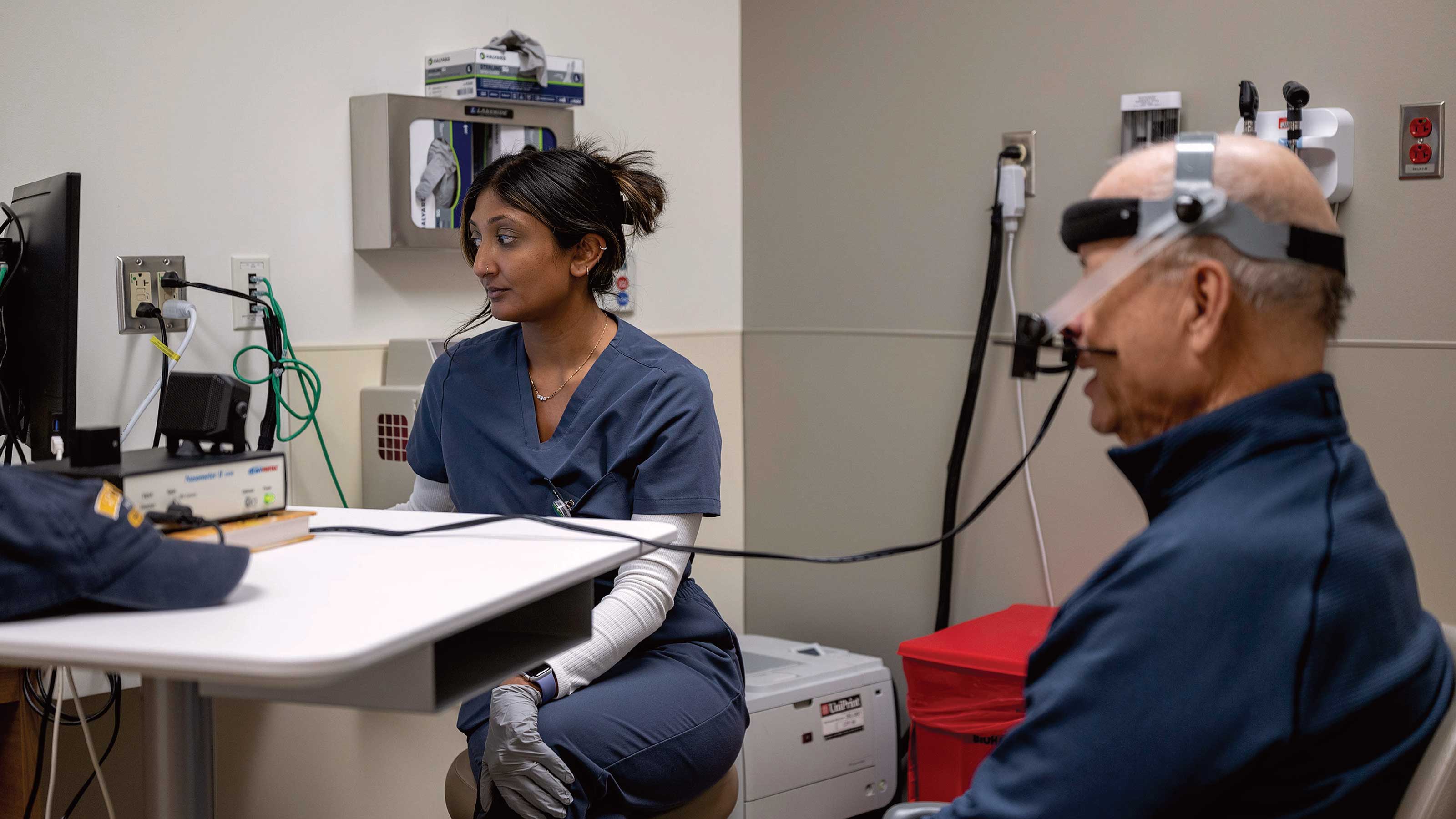What is dilated cardiomyopathy and who does it affect?
Our expert explains this “silent” heart condition and the role of genetics in its detection and treatment.
One in 250 Americans has a common but serious heart condition called dilated cardiomyopathy. The condition causes the heart muscle to weaken and enlarge, which results in the heart not pumping as strongly as it should.
Cardiologist Ray Hershberger, MD, explains the condition and describes the role of genetics in the detection and treatment of it.
Dr. Hershberger says that because dilated cardiomyopathy often doesn’t present itself until it’s in the late phase of the disease, it’s considered a “silent” disease. This fact makes pinpointing signs and symptoms difficult.
Between 30% and 50% of the people who have dilated myopathy have a family history of the disease. That’s why, when a patient is newly diagnosed with dilated cardiomyopathy, genetic testing is often recommended for family members, including parents, siblings and children.
This type of testing allows a cardiologist not only to assess other family members’ risk, but to create a plan to prevent the development of the disease. Or, if a family member is in an early stage of the disease, it allows that person to begin treatment sooner.
The key takeaway of genetic testing is understanding a person’s risk, learning how the condition starts and evolves, then intervening early to prevent advanced stage disease.
Watch this Health Talks video for more information about dilated cardiomyopathy, including:
- An overview of the disease
- Signs and symptoms of late phase disease
- Screening, diagnosis and treatment options
- The role of genetics
- Identifying a patient’s risk and preventing advanced disease

Your heart is in the right place
Learn more about advances in care and treatment for patients at The Ohio State University Heart and Vascular Center.
Expert care starts here







